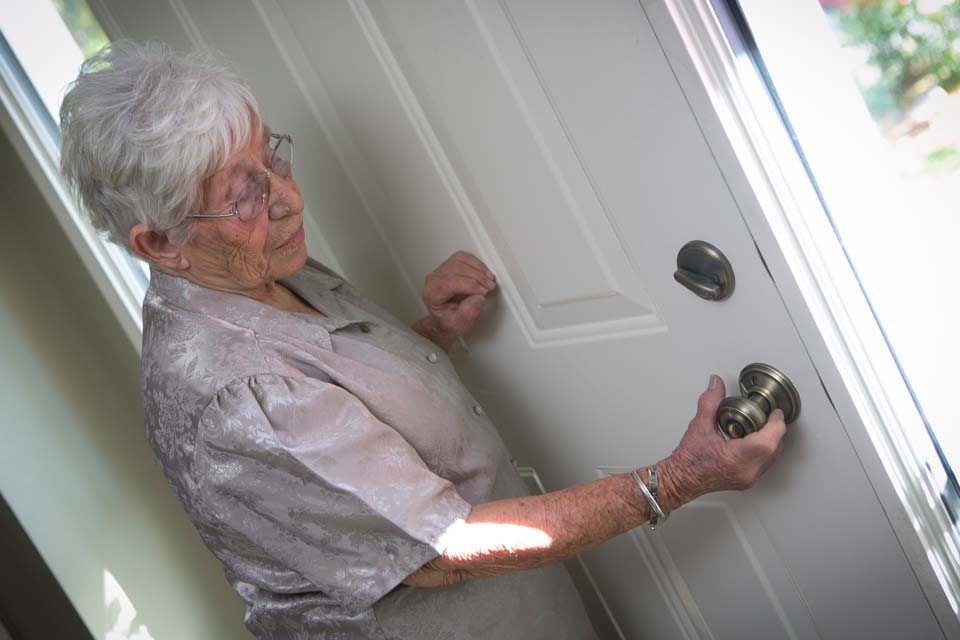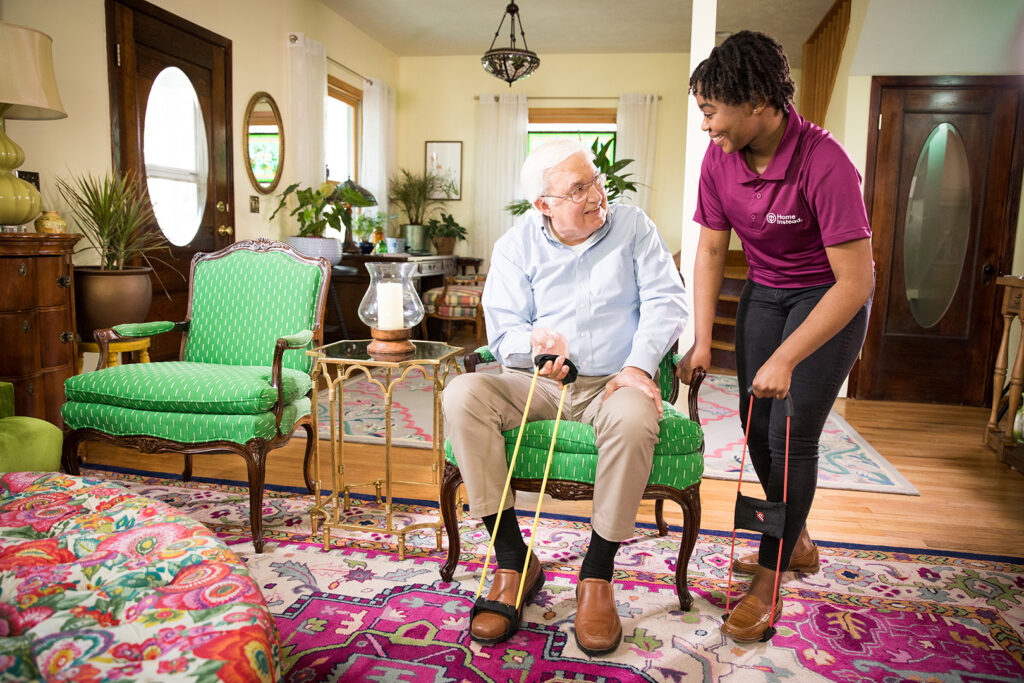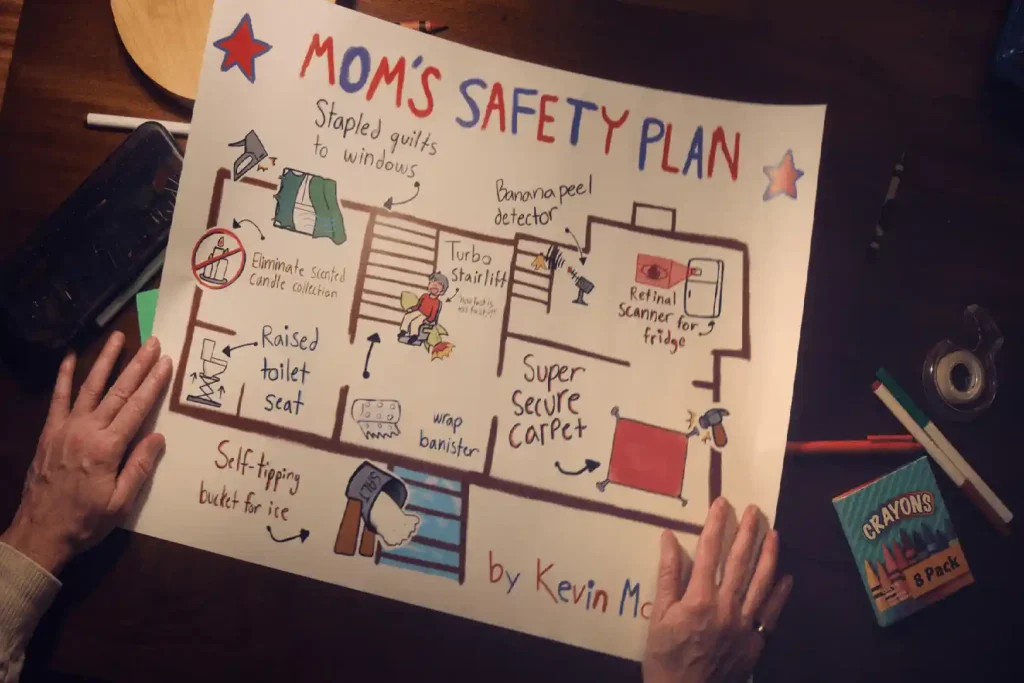Adult children are seeking private home-care for aging parents.
While many companies are struggling, those that provide home-care to Canada’s seniors say they’ve been surprised and delighted to find business booming.
“The trend over the last six months is that our client base has been growing – in fact, it’s grown by more than 25 per cent across Canada,” says John DeHart, co-founder of Nurse Next Door Home Healthcare Services.
The company, with 23 locations in Ontario, Alberta and British Columbia, says it’s adding two new locations a month and franchise inquiries have swelled 30 per cent, largely because of people looking for a new venture after losing their jobs.
Another provider, Home Instead Senior Care, says revenues increased by 24 per cent in 2008 and it projects similar growth for 2009 from 22 independently owned locations across Canada.
DeHart attributes the boost to families trying to defer assisted-living facility costs by keeping aging parents in their own homes as long as possible. When seniors need more help with daily tasks like dressing, cooking and housework, government-provided care is limited and goes only to those in greatest need, he says, leaving many families in search of a way to fill the gaps.
Seniors often plan to use proceeds from the sale of their home to cover retirement or nursing home fees when it comes time to make that move, he says, but a contracting housing market has removed that option for many.
Demographics is also boosting companies like theirs even as others falter, says Nurse Next Door co-founder Ken Sim.
“Our health care system is already stretched as it is and we aren’t sitting on a big pile of money that can be injected into the system on a sustainable basis to meet these changing needs,” DeHart says.
Particularly in this economy, home-care is an appealing option because it allows families to pay for only the help a senior needs on a flexible basis instead of the higher overhead costs of a live-in facility, he says.
Bruce Mahony, managing director of two Home Instead offices in Toronto, says more adult children are seeking private home-care for aging parents because they’re worried that dealing with those issues on their own could make them a target for companies looking to trim their workforce.
“You’re getting phone calls at work, you’re getting phone calls at night, you’re getting falls (by the parents) or nutritional issues or hydration issues,” he says of the fallout from dementia, which affects about 70 per cent of his company’s clients. “Fundamental issues that we take for granted start to emerge and it becomes very time-consuming.”
Gail Watson knows that all too well. The 42-year-old Vancouver resident lost a high-level corporate job five years ago when her performance began to sag under the weight of dealing with her mother’s emerging Alzheimer’s. Her mother is now living in a nursing home and Nurse Next Door provides six hours of care a week that allows her 85-year-old father to stay in his home. It also gives Watson enough time to devote to her young children and new e-mail marketing business.
“You need to be able to call (for help) because your life changes in a phone call,” she says. “It buys you time until you can get your resources straightened out with the province.”
Neil Prashad, president of Origin Retirement Communities, acknowledges that the company’s potential client base is “very, very spooked” by the economy, particularly because they live on fixed incomes.
However, Prashad says the fees charged by Origin, which has operations in Ontario, Alberta and B.C., are very reasonable because they include an array of expenses people often forget to account for. And he believes the quality of life is vastly superior to seniors living on their own.
“We know that this is a temporary thing; no one knows how long,” he says of the economic downturn. “Regardless of good times or bad, life goes on, and with seniors, we’re dealing with a relatively finite understanding of how long somebody has to enjoy their life.”
Prince George Citizen
Saturday, March 14, 2009
Section: Work Life
Byline: Shannon Proudfoot
Source: Canwest News Service






